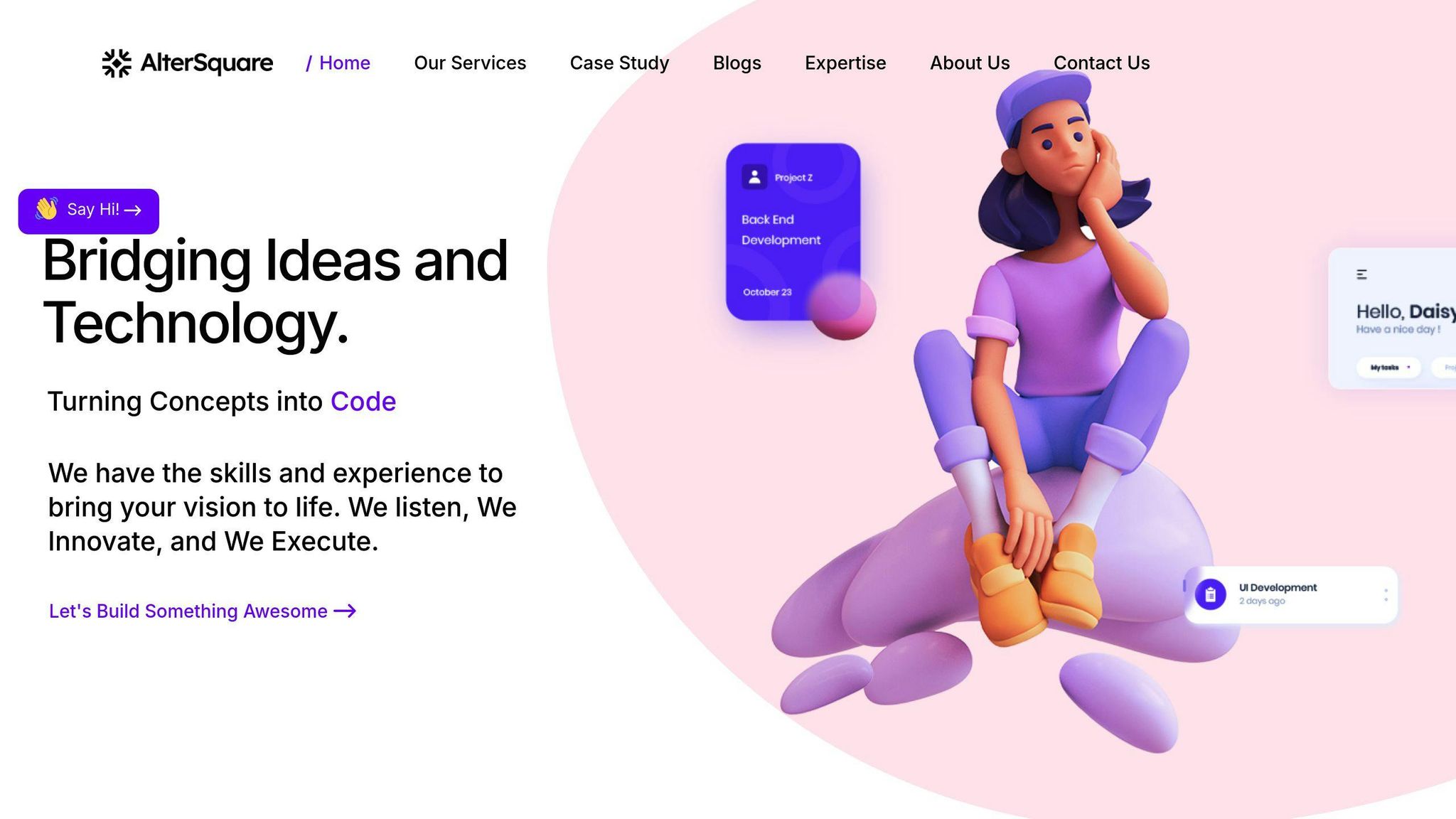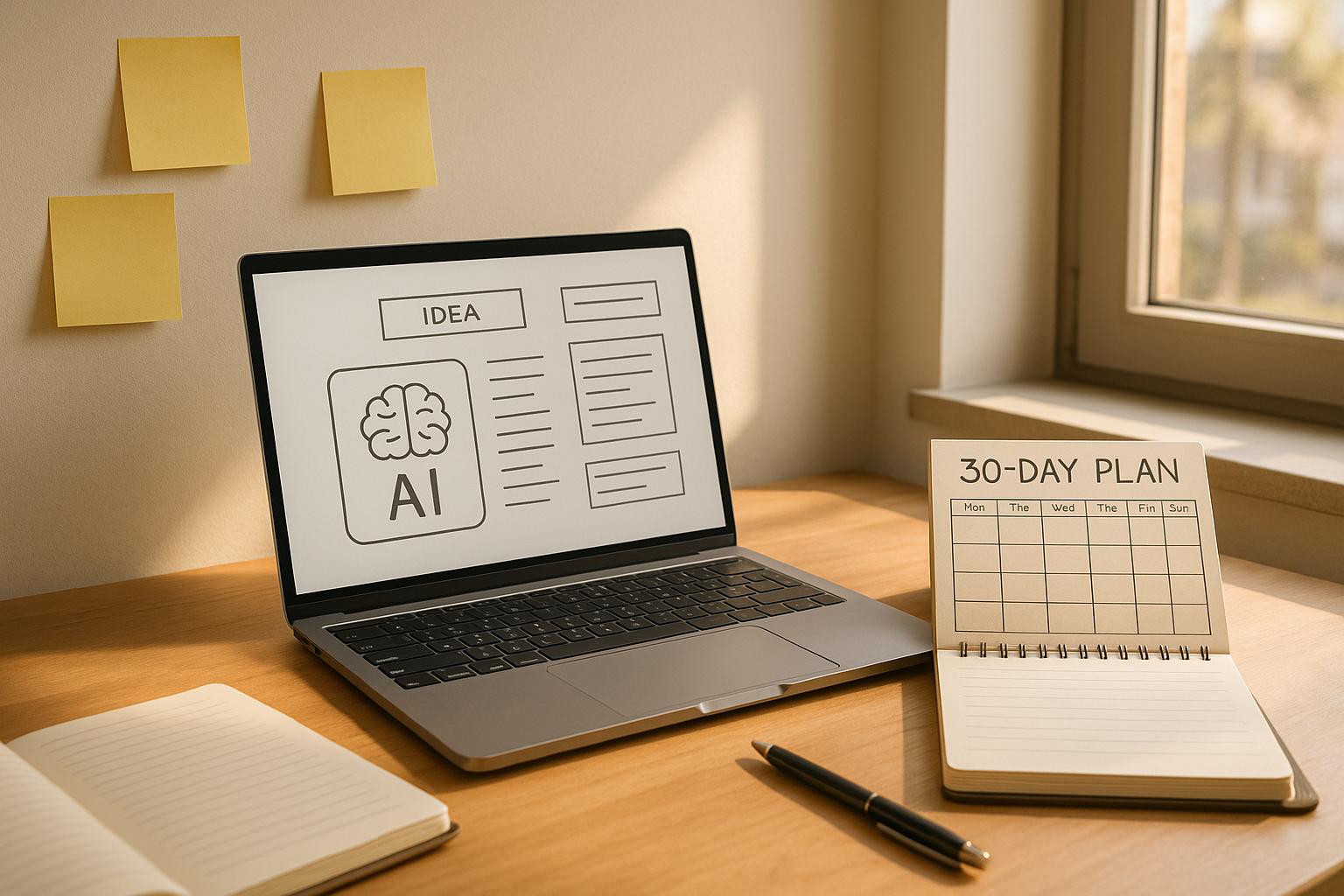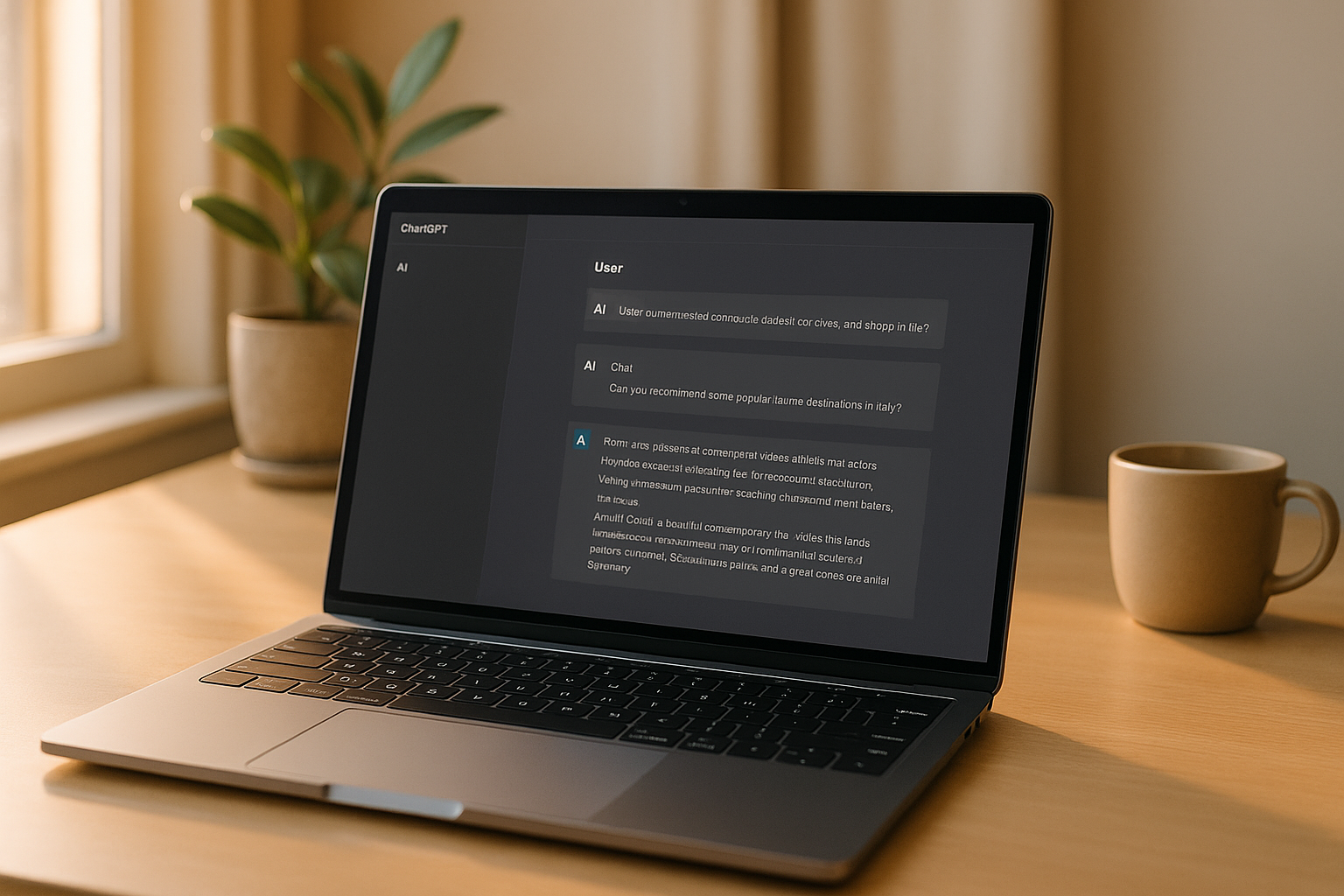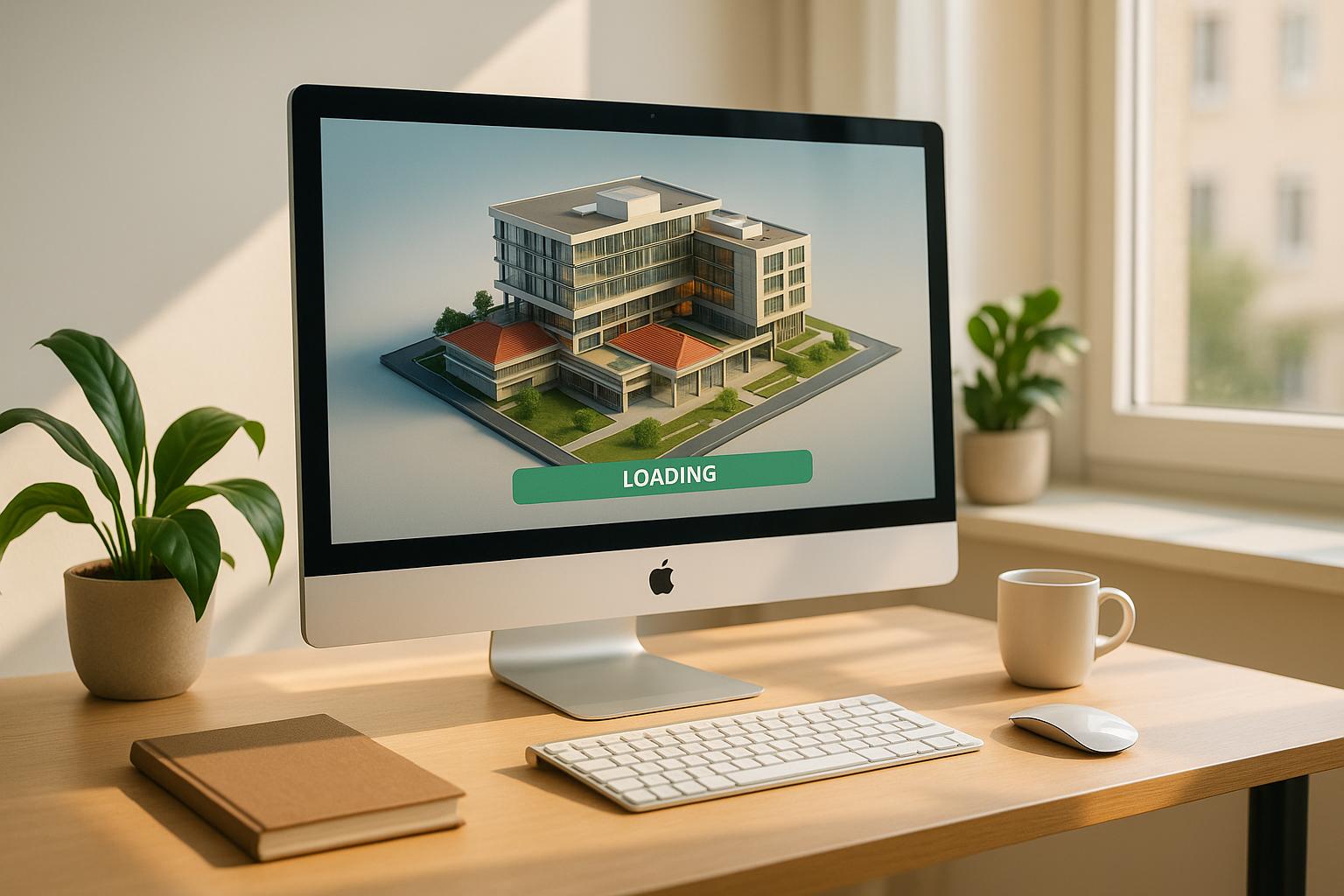Building an MVP (Minimum Viable Product) in 2025 costs anywhere from $5,000 to $150,000, depending on factors like team structure, project complexity, and location. Here’s a quick breakdown:
- Freelancers: $4,000 – $15,000 (simple MVPs)
- Outsourced Agencies: $10,000 – $35,000 (mid-complexity projects)
- In-House Teams: $25,000 – $150,000 (long-term, complex projects)
- Local Development: $160,000+ (enterprise-grade MVPs)
Key Factors That Affect Costs:
- Team Type: Freelancers are cheapest, while in-house teams cost the most.
- Features: More complex features = higher costs.
- Location: Offshore teams (e.g., Eastern Europe) can save you up to 50%.
- Technology Stack: Scalable tools like Node or React reduce long-term expenses.
Quick Comparison Table:
| Development Approach | Cost Range | Ideal For |
|---|---|---|
| Freelancers | $4,000 – $15,000 | Simple MVPs |
| Outsourced Agency | $10,000 – $35,000 | Mid-level complexity projects |
| In-House Team | $25,000 – $150,000 | Complex, long-term projects |
| Local Development | $160,000+ | Enterprise-grade MVPs |
To manage costs, focus on core features, outsource to affordable regions, and use Agile development. These strategies help startups validate ideas without overspending.
Factors Affecting MVP Development Costs
Team Structure: In-House vs. Outsourcing
The structure of your development team has a huge impact on costs. Here’s a breakdown:
| Development Model | Cost Range | Key Benefits | Challenges |
|---|---|---|---|
| In-house Team | $25,000 – $150,000 | Full control over processes and team dynamics | Higher operational costs, recruitment time |
| Outsourcing Agency | $10,000 – $35,000 | Access to specialized expertise, lower overhead | Communication coordination |
| Freelancers | $4,000 – $15,000 | Cost-effective and flexible | Increased project management complexity |
Each option comes with trade-offs. While in-house teams offer control, they come with higher expenses. Outsourcing agencies balance expertise and cost but require strong communication. Freelancers are budget-friendly but demand more oversight.
Technology Stack Choices
The tools and frameworks you choose can make or break your budget. Technologies like Node and React are popular because they simplify development and reduce maintenance costs over time [5]. Their efficiency can lead to faster project completion and lower ongoing expenses.
Project Complexity and Feature Scope
The features you decide to include in your MVP directly influence costs. More complex features require more time and resources, driving up expenses [2]. To keep costs manageable, prioritize only the most essential features that deliver immediate value while leaving room for future updates.
Development Team Location
Where your team is based can significantly affect your budget. Development rates vary widely by region:
| Region | Average Rate Impact | Cost Savings Potential |
|---|---|---|
| Western Europe/North America | Baseline | – |
| Eastern Europe | 40-50% lower | Noticeable savings compared to Western rates |
| Asia/South America | 30-60% lower | Major savings compared to Western rates |
For instance, Ukrainian developers typically charge around $30/hour, offering a cost-effective option compared to Western rates while maintaining high-quality work [1]. Location-based decisions can be a smart way to stretch your budget without sacrificing results.
Estimating MVP Development Costs in 2025
MVP Development Cost Ranges
In 2025, the cost of building an MVP depends largely on the development approach you choose. Here’s a quick breakdown:
| Development Approach | Cost Range | Ideal For |
|---|---|---|
| Freelancer Team | $4,000 – $15,000 | Simple MVPs or single-platform apps |
| Outsourced Agency | $10,000 – $35,000 | Mid-level complexity projects |
| In-House Team | $25,000 – $150,000 | Complex, long-term projects |
| Local Development | $160,000 – $180,000 | Enterprise-grade MVPs |
"Understanding how much MVP development costs is an essential aspect of early-stage startups or new projects. It enables you to control and allocate your finances well and make the right decisions."
Your choice of team structure and technology stack will play a big role in determining where your project fits within these ranges [4].
Cost Breakdown by Category
To get a clearer picture of where your money goes during MVP development, here’s how costs are typically distributed:
| Category | Percentage of Total Cost | Key Components |
|---|---|---|
| Front-end Development | 30% | UI/UX design and client-side functionality |
| Back-end Development | 40% | Server setup, APIs, and application logic |
| Database Setup | 15% | Data storage and modeling |
| Other Costs | 15% | Project management, testing, and deployment |
These percentages can help you plan your budget more effectively by showing how different aspects of development contribute to the total cost [3].
Examples of MVP Costs
To better understand how complexity impacts costs, here are a few examples:
- Basic E-commerce MVP ($35,000-$45,000)
- Features: product catalog, payment gateway, user authentication
- Includes a basic order management system
- Healthcare Scheduling Platform ($60,000-$75,000)
- Secure patient portals with HIPAA compliance
- Scheduling tools and patient record integration
- Built-in regulatory compliance features
- FinTech Payment Solution ($80,000-$100,000)
- Multi-currency support and secure transactions
- KYC/AML compliance with banking integrations
- Advanced security protocols
These examples highlight how prioritizing features and choosing scalable technologies can significantly impact your MVP costs, which we’ll dive into further in the next section [1][4].
Strategies for Cost-Efficient MVP Development
Prioritizing Features for Value
The MoSCoW method is a practical way to prioritize features and cut costs by focusing only on what’s necessary. This approach can trim expenses by 30-40% by delaying non-critical features [3]. For instance, focus on must-have features like payment processing and user authentication, while deferring extras like advanced filters or wishlist functionality.
| Must-Have Features | Could-Have Features (Postpone) |
|---|---|
| Product catalog | Wishlist functionality |
| Basic payment processing | Advanced search filters |
| User authentication | Social sharing |
| Order management | Customer reviews |
Choosing the Right Development Partner
Outsourcing is a smart way to save money without sacrificing quality. For example, while local development teams in the US might charge $160,000-$180,000 for MVP development, outsourcing partners like AlterSquare can deliver similar results for just $30,800-$36,000 [4]. That’s a potential savings of up to 70%.
Using Agile Development
Agile development keeps costs in check by allowing for quick testing, iterative updates, and releasing features incrementally based on user feedback. This method ensures you stay on track while continuously validating and refining your product [3].
Choosing Scalable Technologies
Opt for modern frameworks, widely-supported technologies, and cloud-native solutions to keep costs manageable. For example, AWS or Azure‘s pay-as-you-go models can help reduce upfront infrastructure expenses [1].
| Factor | Impact on Cost | Recommendation |
|---|---|---|
| Development Speed | Initial costs | Use frameworks with strong documentation |
| Maintenance | Long-term costs | Pick widely-supported technologies |
| Scalability | Future costs | Choose cloud-native solutions |
| Integration | Ongoing costs | Use tools that integrate easily |
sbb-itb-51b9a02
How to Build An MVP
Conclusion: Managing MVP Costs for Startup Success in 2025
MVP costs in 2025 can vary widely, from $5,000 to $150,000, depending on the project’s complexity and the approach taken [1][4]. Outsourcing to regions like Ukraine, where rates average around $30/hour, can reduce expenses by as much as 70% compared to building an in-house team [1][4].
Key Strategies and Recommendations
Here are some practical ways to manage MVP development costs effectively:
1. Focus on Core Features
- Concentrate on the main functionalities that meet your target market’s needs.
- Use the MoSCoW method to prioritize must-have features.
- Push non-essential features to future updates to keep initial costs down [3].
2. Choose the Right Development Partner
- Look for a balance between expertise and affordability.
- Explore outsourcing options in regions with competitive pricing.
- Assess potential partners based on their track record with MVP projects [1].
3. Optimize Your Tech Stack
- Opt for scalable, cloud-based solutions.
- Use frameworks that are widely supported and easy to maintain.
- Pick technologies that help lower long-term maintenance expenses [3].
"Understanding MVP development costs is crucial for startups to manage finances effectively and make informed decisions" [1][3].
MVP development typically takes 2–6 months, depending on the project’s complexity [3]. By applying these strategies alongside Agile development methods and feature prioritization, startups can achieve cost-effective results without sacrificing quality.
Ultimately, building a successful MVP isn’t just about cutting costs – it’s about making smart investments that validate your idea and create a strong foundation for growth. Be sure to account for the development timeline when planning your budget and cash flow.
Additional Resources for MVP Development
Creating an MVP on a budget requires the right mix of tools, services, and expertise. Below is a list of resources to help make your MVP development process smoother and more efficient in 2025.
AlterSquare.io: Outsourced MVP Development Services

AlterSquare.io specializes in delivering MVPs within 90 days. They cater to non-tech founders, tech-savvy entrepreneurs, and experienced business leaders by offering services like tech stack consultation, rapid prototyping, and post-launch support.
While expert services are invaluable, using the right tools can further streamline the process and help cut costs.
Tools for MVP Development in 2025
Choosing the right tools is key to managing costs and improving efficiency. These tools can help optimize workflows and significantly reduce development time:
| Category | Tool | Use Case | Cost-Saving Benefit |
|---|---|---|---|
| Project Management | Jira | Agile tracking | Increases efficiency by 30% |
| Design | Figma | UI/UX prototyping | Accelerates design cycles |
| Development | GitHub | Version control | Free for many projects |
| Infrastructure | AWS | Cloud hosting/scaling | Lowers upfront expenses |
"Using the right combination of tools and services can reduce MVP development time by up to 40% while maintaining quality standards" [3].
Cloud platforms like AWS are especially useful for startups. Their pay-as-you-go pricing adapts to your needs, helping you manage expenses without sacrificing scalability.
Focus on tools that are easy to learn, scalable, and integrate well with your team’s workflow.
For industries like healthcare or fintech, working with specialized partners such as EVNE Developers [3] can be a smart move. Their expertise in navigating industry-specific challenges and regulations can save time and prevent costly errors during MVP development.
FAQs
How much does MVP development cost?
MVP development costs typically range from $5,000 to $150,000, depending on factors like the project’s complexity and the team you choose. Here’s what mainly affects the final price:
- Technology Choices: Using modern frameworks like React or working with offshore teams can help lower costs.
- Project Scope: The more complex the features or the stricter the compliance requirements, the higher the expenses.
- Development Timeline: Longer timelines naturally lead to increased costs.
When planning your budget, it’s wise to set aside 15-20% of the initial development costs for post-launch maintenance.
To manage costs effectively:
- Focus on the most important features first.
- Use technologies that can grow with your project.
- Work with developers who specialize in MVPs.
- Plan for ongoing maintenance from the start.
"Using the right combination of tools and services can reduce MVP development time by up to 40% while maintaining quality standards" [3].
Choosing the right tools and partners is just as important as budgeting. Look for solutions that fit your project’s needs and can scale efficiently without breaking the bank.









Leave a Reply